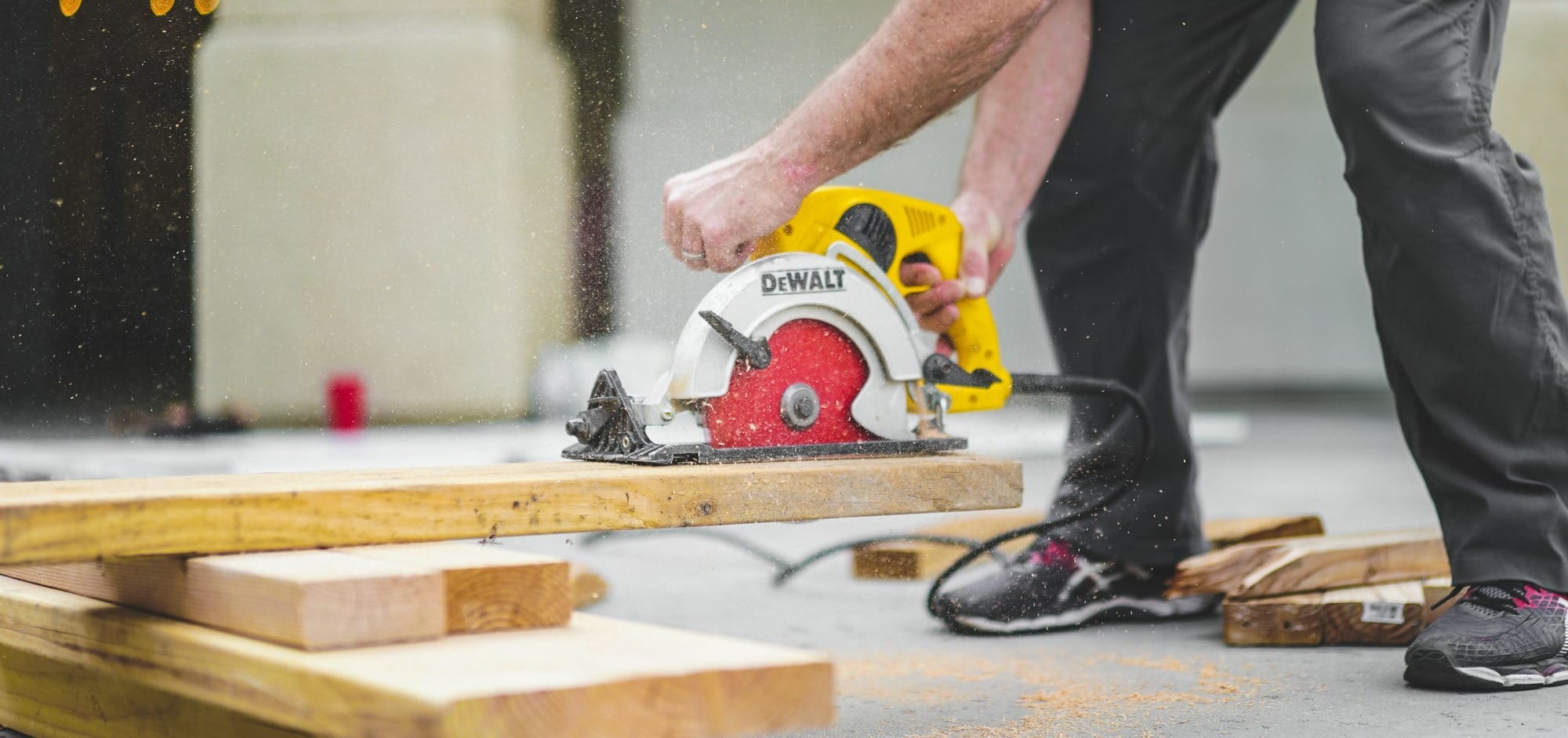Whether fixing a leaky faucet or installing new fixtures, handymen provide essential services that ensure both functionality and comfort. Their expertise covers diverse tasks, making them indispensable in everyday maintenance and repairs.
Introduction to Handyman Jobs
Handyman jobs encompass a wide array of tasks, making the role highly versatile and invaluable in both residential and commercial settings. A handyman's day might involve anything from fixing a leaky faucet to installing a new light fixture, ensuring that properties remain functional and safe for their occupants. This variety keeps the job interesting and engaging, as no two days are ever the same. The ability to switch between different types of tasks requires not only a broad knowledge base but also adaptability and quick problem-solving skills.
Because of the diverse nature of their duties, handymen must be proficient in multiple trades, including basic plumbing, electrical work, carpentry, and sometimes even minor HVAC repairs. This multi-faceted skill set is typically developed through hands-on experience rather than formal education, making it an accessible career path for those who enjoy practical, hands-on work. The role also offers substantial job satisfaction, as handymen directly contribute to the well-being of the spaces they work on, often forming longstanding relationships with clients who rely on their expertise.

Key Skills For A Handyman
A handyman's toolkit extends beyond just physical tools; it includes a diverse set of skills that enable them to handle various tasks effectively. Proficiency in basic carpentry, plumbing, and electrical work is essential. These skills allow a handyman to perform repairs and installations efficiently, whether it’s fixing a leaky faucet, installing new light fixtures, or repairing damaged drywall. Mechanical aptitude and familiarity with hand and power tools are critical as well, ensuring that the handyman can tackle various projects without delay. Communication skills must not be overlooked, as they help in understanding client needs and clearly explaining the scope of work and timelines.
Organizational abilities and time management are other crucial skills for a successful handyman. Given the range of tasks, it's imperative to prioritize effectively and manage multiple projects simultaneously without compromising quality. Flexibility is equally important; handymen often face unexpected challenges that require quick thinking and adaptability. Attention to detail ensures that no task is left incomplete or poorly done, enhancing overall customer satisfaction. Additionally, for those handymen who wish to excel, obtaining a contractor or journeyman license can open doors to more complex and higher-paying jobs, making continuous learning a worthwhile investment.
Average Wages and Future Career Growth
Handyman jobs present a promising opportunity for those skilled in various repair and maintenance tasks. On average, a handyman can expect to earn between $15 to $46 per hour, depending on factors like location, experience, and the complexity of the tasks. In metropolitan areas, wages can be on the higher end of the spectrum due to the increased demand for speedy, high-quality services. Entry-level handymen might start with wages at the lower end, but as they build their portfolio and gain customer trust, their earning potential can significantly increase.
The future of handyman jobs looks bright. With the rising trend of home improvement and renovation, the demand for skilled handymen is on the rise. Technological advancements also make it easier for handymen to market their services through digital platforms, broadening their reach. As homeowners continue to invest in their properties, the need for regular maintenance and repair services will only grow, ensuring a stable and possibly lucrative career trajectory for those in the field.
